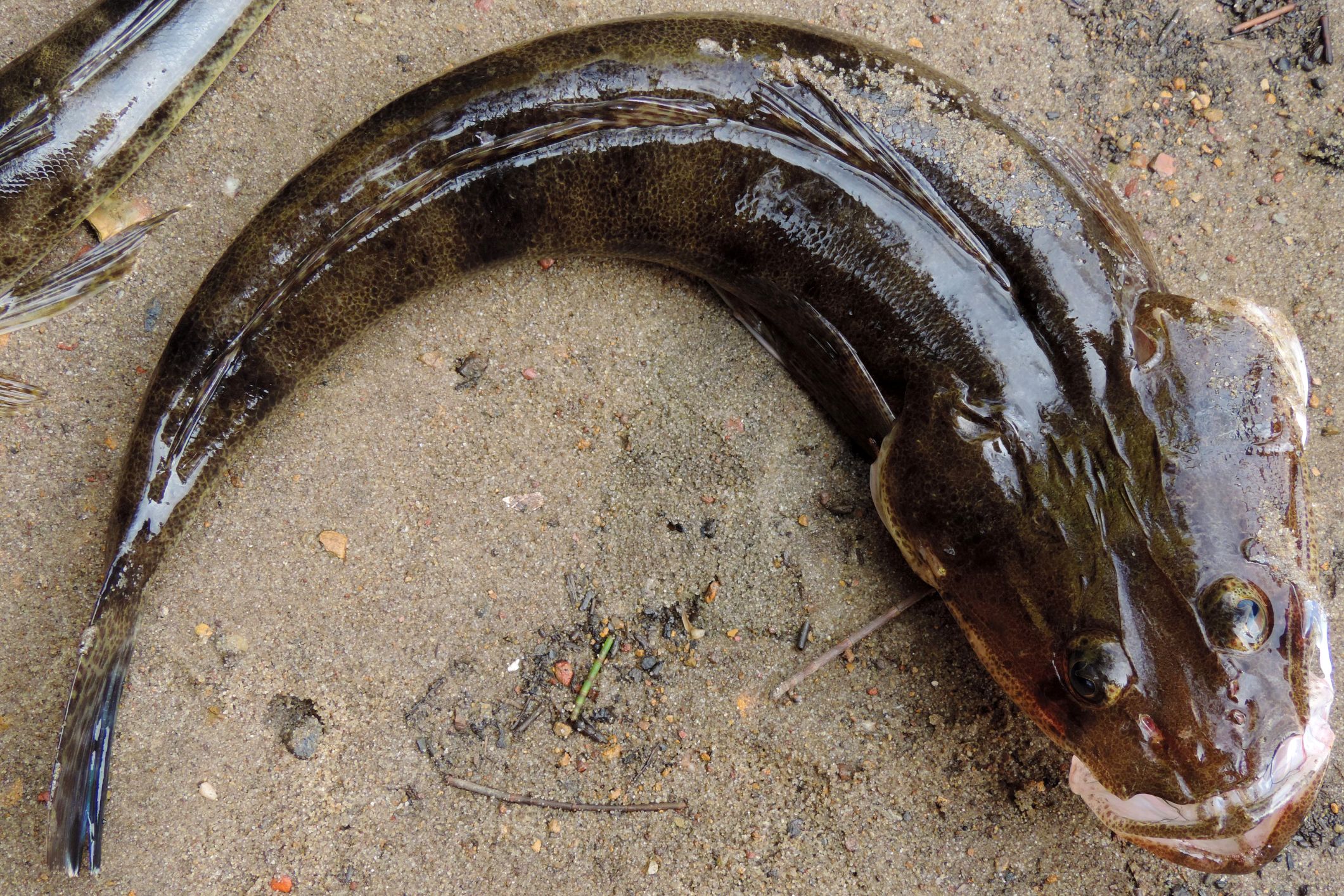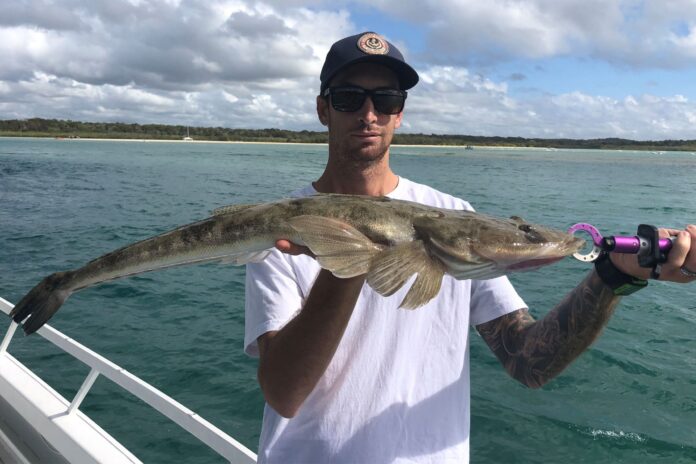Numbers of one of the region’s favourite fish species are on the rebound, which is good news for local tourism.
Minister for Agricultural Industry Development and Fisheries and Minister for Rural Communities Mark Furner said the latest stock assessment for dusky flathead in Queensland found numbers were in healthy.
“By introducing a ‘slot limit’, which sets both an upper and lower size limit for catches, the dusky flathead stock has rebounded from around 30 per cent of biomass in the early 2000s to a healthy 48 per cent currently,” he said.
“This is great news for anglers and seafood lovers as dusky flathead is a bread-and-butter species favoured by many anglers and is also highly valued as a table fish in seafood shops throughout Queensland.
“Having a healthy stock of this much-loved species highlights the value of taking a long-term approach to managing our fishery resources.”
James Free from Noosa River Fishing Safaris, which runs charters targeting all fish species in the river, says he has seen an increase in numbers of flathead in the better fishing seasons. He estimates that flathead account for about 15 per cent of what is caught but about 70 per cent of what customers keep.
He says proper management of fish stocks is vital to his business and tourism in the region in general.
Like stories about Sunshine Coast people doing great things? Help us deliver more by registering for our free daily news feed. All it requires is your name and email. See SUBSCRIBE at the top of this article.
“Good fishing is pretty important to gather repeat customers,” he said. “When we have good fishing seasons we may have customers return for a second or third trip throughout their holiday or another time of year to visit us; if the fishing isn’t so great you may not see them until the next year or ever again.”
The ‘slot limit’ means that, unlike the familiar minimum legal size that applies to many species, dusky flathead has both a lower size limit of 40cm and an upper size limit of 75cm. The current restrictions were introduced in 2009.
“A main benefit of the ‘slot limit’ is that it provides additional protection to large breeding females within the population,” Mr Furner said.
“This management tool for dusky flathead has been followed by other jurisdictions, such as Victoria and more recently New South Wales.”
Mr Furner said the dusky flathead stock assessment showed the benefits of responsibly managing Queensland’s fisheries.

“Management tools like catch and size limits, closed seasons and spawning closures are key elements in the effort to rebuild fishery stocks, which ultimately benefits many sectors of the community,” Mr Furner said.
“Rebuilding stocks is only possible with the hard work and cooperation of all sectors of the seafood industry including those who supply data on catch and effort, and important biological samples for data on fish age, growth and reproduction and I thank all who have contributed.
“The Palaszczuk Government is committed to implementing the Sustainable Fisheries Strategy to ensure fish stocks will be sustainable, so we continue to have Queensland seafood on our tables and to protect and sustain thousands of good jobs in both the commercial and recreational sectors.”
It’s a sentiment Mr Free agrees with, but he is hoping the State Government will do more to protect fisheries.
“The management of our fishery is the most important thing we need to focus on,” he said. “I strongly believe we need to introduce a recreational fishing licence to boost capital for the government to implement more officers and fisheries vessels in our waterways.
“I don’t think we are currently being policed enough.”
Do you have an opinion to share? Submit a Letter to the Editor with your name and suburb at Sunshine Coast News via: news@sunshinecoastnews.com.au





